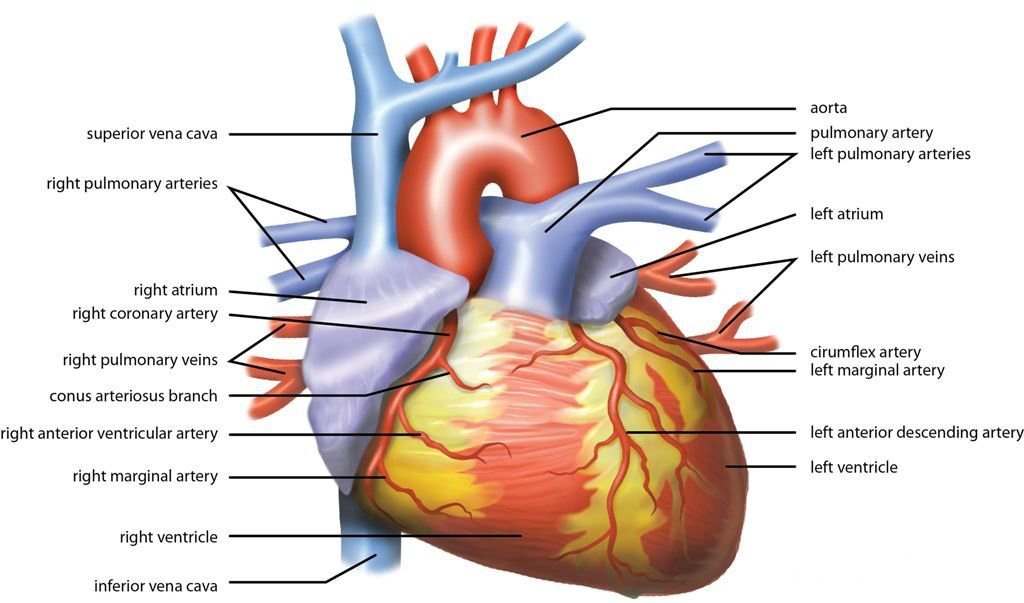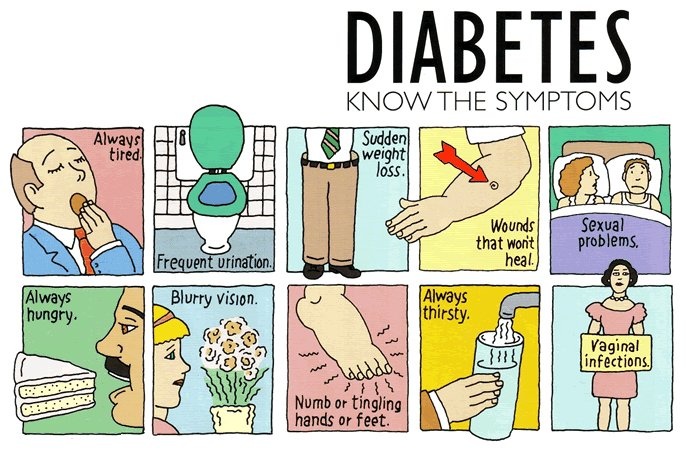

Coronary heart disease (CHD) is the leading cause of death both in the UK and worldwide.
It is responsible for around 73,000 deaths in the UK each year. About 1 in 6 men and 1 in 10 women die from CHD.
In the UK, there are an estimated 2.3 million people living with the condition and around 2 million people affected by angina (the most common symptom of coronary heart disease).
CHD generally affects more men than women, but from the age of 50 the chances of developing the condition are similar for both men and women.
As well as angina (chest pain), the main symptoms of CHD are heart attacks and heart failure. However, not everyone has the same symptoms and some people may not have any before CHD is diagnosed.
CHD is sometimes called ischaemic heart disease.
Read more about the symptoms of coronary heart disease.
CHD Clinic
Patients diagnosed with CHD are invited by letter to an annual check-up. Two weeks prior to the clinic, you will be asked to arange a blood test. You will also be asked to bring a urine sample with you. At the clinic, your weight and BMI are calculated; your blood pressure will be taken; your blood results will be discussed with you and the implications if the cholesterol is found to be high, e.g. commencement of statin therapy; and general lifestyle questions will be asked regarding diet, alcohol, exercise, smoking, etc. You will be asked about your medication, e.g. blood thinning agents such as aspirin or clopidogrel and your urine sample will be tested and the results discussed.

The aim of the COPD clinic is to assess and review a COPD patient’s symptoms and medications. At the appointment, the Practice Nurse may check how well your lungs are working with spirometry which is also used to help diagnose asthma and COPD.
At a minimum, our COPD patients are reviewed annually, but those whose COPD is more severe will be invited to more frequent appointments to this clinic, in order to support them to keep their illness under control throughout the year.
If you have been diagnosed with COPD (Chronic Obstructive Pulmonary Disease) you will be asked to attend for a review with A Practice Nurse once a year. The clinic will involve a test of your breathing, called a spirometry test, where you will be asked to fully empty your lungs of air into a machine a few times for measurements to be taken. We will also discuss your treatment and assess your inhaler technique. Prior to the appointment you MUST NOT take vigorous exercise, smoke or drink alcohol. It is important however that you DO take your inhalers as normal and bring them with you to the clinic. If you have a chest infection which has required antibiotics in the 6 weeks prior to your appointment then you will have to rearrange it. The appointment should take approximately 20 minutes but you should give yourself plenty of time as you do not want to be out of breath for the test.
More information can be found about COPD at:

Diabetes is a lifelong condition that causes a person’s blood sugar (glucose) level to become too high.
The hormone insulin – produced by the pancreas – is responsible for controlling the amount of glucose in the blood.
There are two main types of diabetes:
Type 1 – The pancreas doesn’t produce any insulin
Type 2 – The pancreas doesn’t produce enough insulin or the body’s cells don’t react to insulin
For more information about diabetes, please click here.
Diabetic Clinics
At the surgery, we run diabetic clinics every week. If you are diabetic, you will be asked to attend a diabetic clinic annually. Two weeks prior to the clinic, a non-fasting blood test will need to be booked and this will be detailed on your letter. You will also need to bring in a urine sample.
Our Nurses Louise and Kate run the Diabetic Clinic and it consists of a weight check and calculation of your BMI; your blood test results and a discussion about diet or starting statins if your cholesterol is found to be high; and general lifestyle questions about alcohol intake, diet, smoking and exercise. You will be asked how you are managing your prescribed medicine for your diabetes and, if necessary, if you are monitoring your blood sugar regularly. Your feet will also be checked for pulse and circulation. Please click here for more information regarding how diabetes can affect your feet.
If you are a Type 1 Diabetic, you will probably be seen at the Diabetic Clinic at the hospital, where they will do similar things but also check your injection sites for insulin.
Diabetic Eye Screening
Everyone with diabetes aged 12 or over should be invited to have their eyes screened once a year.
If you have diabetes, your eyes are at risk from diabetic retinopathy, a condition that can lead to sight loss if it is not treated.
Screening, which involves a half-hour check to examine the backs of the eyes, is a way of detecting the condition early so it can be treated more effectively.
At Horizon Health Centre, we host the diabetic eye screening clinic around once a month. However, appointments cannot be made through us. They are generated annually for all people with diabetes and you will receive a letter detailing your appointment.
Read more about diabetic eye screening.
